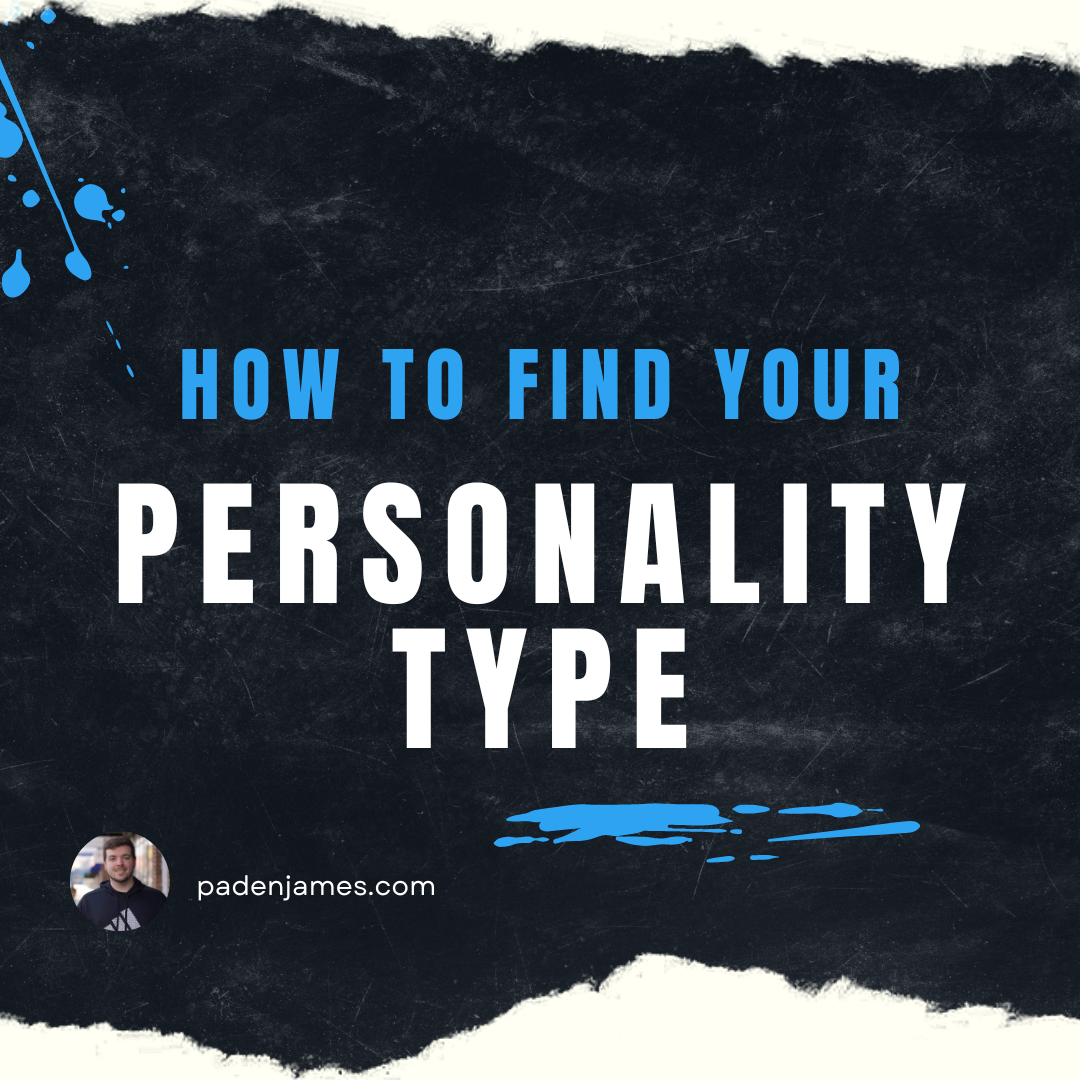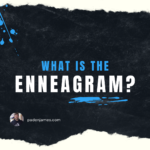If you’ve been intrigued enough to find your personality type, whether it’s the Enneagram, Myers Briggs, or through another system, you might be wondering how to go about doing so.
I’d say that the majority of people would think they just need to take a test online. Once they’ve taken the test and gotten the result, they think they have their answer, they’ll know their type, and they’ll just go about their lives without giving it much thought afterward.
This is really missing out on the benefits of finding and understanding your personality type, especially in terms of personal development and growth.
Each personality typing system, and their respective tests, are going to be different. But they all have something in common: they’re not accurate. Okay, they will be accurate to some degree and can offer some valuable insight or help you narrow down your type, but they’re not always going to get it right. In fact, you may be even more confused about your results or feel that it didn’t accurately get your type right.
The problem with online tests is that they’re simply taking in the responses of the test taker and spitting out an answer after an algorithm works some magic behind the scenes to determine your most likely type.
If the test taker isn’t very self-aware, if they’re in a stressed/unhealthy headspace, or if others have manipulated their answers or even their sense of self, the responses will yield different results.
Additionally, the test could be wired to weigh things towards a particular type more than another. Either way, an online test could lead to mistyping yourself.
Though the tests can be fun, if you want to get the impactful knowledge and effective growth that comes from getting clarity on your personality type, then it takes more time, research, self-study, and potentially working with a coach to help you find your personality type and understand it on a deeper level.
In my personal experience with the Enneagram, I typed as a few different types before settling on one. Many factors influenced this, and I think it’s important to know to be patient with yourself and the process. If you have narrowed it down to 2 or 3 types, but still aren’t quite sure which type you are, maybe ‘try on’ the top few that you believe you might be one of and see how that fits or doesn’t. Reflect and question how you handled conflict or stress, or what you did when you were bored, or how you handled speaking with or leading others, and so on. See how these align with the top types for you.
Once you’ve gotten clarity on your Enneagram type, you’ll be able to delve deeper into important growth aspects. You can better understand your core motivations, desires, weaknesses, and more. Or, for something like the MBTI (Myers Briggs), you can dive further into understanding the cognitive functions and how those show up in your life.
That’s the main takeaway here is that your personality type isn’t determined by a test. Yes, they can help you narrow things down, but tests only going to take the information the test-taker gives them. If the test-taker isn’t very self-aware, the test results could be entirely wrong. Or, as I’ve often experienced, a test question will give a situation in which multiple options (or none of them) are accurate.
Although a test can help you get a bit of clarity by having you answer certain behavioral traits, it doesn’t fully address the nuance that comes from your underlying motivations. Though you may have similar behaviors to someone else, your underlying motivations could be very different. Externally, your actions/behaviors may appear the same as someone else, but the differences in the internal motivations are what makes you a different type. And a test can’t fully grasp that internal motivation.
For each personality test out there, it’s important to understand that they’re not all accurate, and that even the more accurate ones don’t fully address your internal motivations.
When looking at the Enneagram, it’s important to look at the underlying motivations rather than the numbers, stereotypes, or behaviors. For Myers Briggs, it’s important to look at the different cognitive functions rather than the letters.
To find your personality type on the Enneagram, look at the motivations for each of the types. Which resonates with you the most? If only one type stands out, that is likely your main enneagram type. If multiple stand out to you, there can be several factors that go into it: your wings, subtypes/instinctual stacking, and your level of health.
To get started, determine which Enneagram type’s motivation(s) most resonate with you, and you can work to narrow it down from there.



